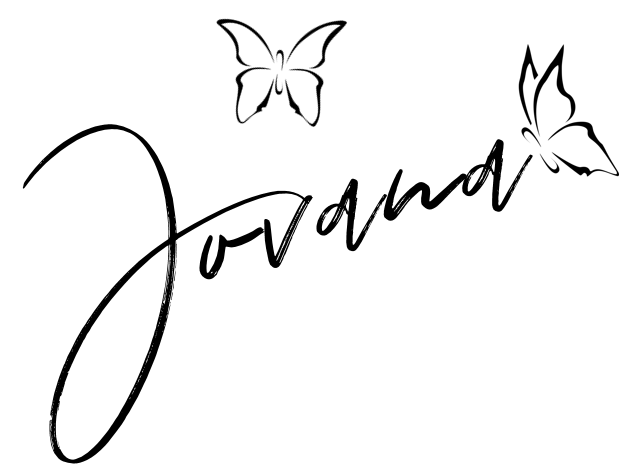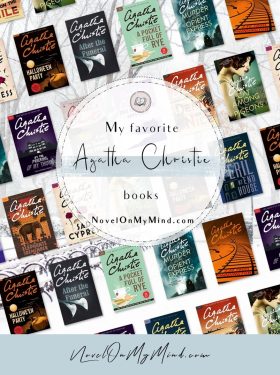Warning – possible spoilers! (Tiny ones, though, and I’ll try to avoid even those; I swear I’ll give my best not to ruin it for you… :-))
Our Missing Hearts by Celeste Ng – Book Details
TITLE – Our Missing Hearts
AUTHOR – Celeste Ng
CATEGORY/GENRE – fiction, dystopia, literary fiction
YEAR PUBLISHED – 2022
PAGE COUNT – 335
MY RATING – 3.5 of 5
RATED ON GOODREADS – 3.87 of 5
What It Is About
But in the end every story I want to tell you is the same. Once upon a time, there was a boy. Once upon a time there was a mother. Once upon a time, there was a boy, and his mother loved him very much.
Our Missing Hearts is a poignant dystopian novel that delves into many social issues while exploring the enduring love a mother have for her child.
Bird’s life changed forever when his mother disappeared three years ago. Now twelve, he lives with his father, a former professor turned librarian, in a dorm in a country where children can be taken from their unpatriotic parents. Certain books are banned, Asian descendants are targeted, and many internet searches for culture and history are blocked.
Then Bird receives a cryptic letter from his mother. He embarks on a quest to find her and what he encounters during the trip is a new America he never could have imagined.
Our Missing Hearts by Celeste Ng – My Review
Appearing sympathetic to China. Appearing insufficiently anti-China. Having any doubts about anything American; having any ties to China at all. Questioning whether China was really the problem; questioning whether PACT was being applied fairly; eventually, questioning PACT itself.
This is one of the hardest books for me to rate. I’d give it 5 stars for the importance, but maybe 2 for the execution. I settled at 3.5, but even that doesn’t feel quite right.
Our Missing Hearts was the first book I’ve read by Celeste Ng. Which goes to say I had no idea what to expect, though I see even the readers who were already familiar with her work were left a little baffled by this dystopian novel that explores how far would people be willing to go if fear was their main guidance.
The book is set in a fictionalized America, although how different it actually is from the America we know today depends on who you ask that question. In the words of the author: “Bird and Margaret’s world isn’t exactly our world, but it isn’t not ours, either.”
And maybe it’s because I’ve been over dystopians for a while now, but I felt like the book didn’t quite hit the mark. Even though it had many important topics at its core.
It is painful to admit: back then, she had believed that PACT was progress, that they had moved past something. That they were on their way to something better. That if she behaved, none of it would apply to her.
It all started with the “Crisis”, a terrible economic crash that led to people losing jobs, businesses failing, general poverty and chaos and uncertainty over whether things will ever go back to normal. A dark period when people were scared and overwhelmed, and, well, they needed a scapegoat.
And they found one. The whole disaster was attributed to Asian countries, primarily China, who happened to be thriving during that difficult time for America.
As the result, the American government created PACT, “The Preserving American Culture and Traditions Act”, which started as a way to boost the economy and preserve American values and slowly grew into an all-controlling organization with rights to arrest anyone who seems “anti–American”.
Our way or the highway is what you could call it, and the scary part is – it kind of rang the bell.
PACT had helped end the Crisis; PACT kept things peaceful and safe. Even kindergarteners knew that. PACT was common sense, really: If you acted unpatriotic, there would be consequences. If you didn’t, then what were you worried about?
In that whole mess of what’s left of America, we follow Noah, a half-Asian twelve-year-old boy whose name used to be Bird, but who is now encouraged to use his more American name.
Noah’s mother was a well-known Chinese-American poet who couldn’t stay quiet watching the injustice of children being taken away from their parents at the smallest glimpse of the parent’s “pro Asian” views. She hasn’t been allowed to see Noah ever since.
Noah has learned to keep his head down and live a life that doesn’t attract attention. But a letter from his mother changes everything, and he goes searching for her, diving deeper not only into the world that’s changed to the point where it’s barely recognizable, but into his own feelings towards his parents and their reactions to the new system.
Evidence of his mother, out there, elsewhere, so worried about somebody else’s children though she’d left her own behind. The irony of it leached into his veins.
A lot of Our Missing Hearts is given to describing the consequences of allowing the PACT to control the way all people should live and think, the injustices and violence it leaves in its trail, silencing the voices on the margins, as well as excuses for racism and hatred towards minorities in the name of preserving America’s culture and wellbeing.
The narration was beautiful. Not exactly lyrical, but there was something poetic about it. Words, libraries, books and storytelling played a huge role in this book and helped bring everything together.
So, Ng’s Our Missing Hearts had a lot to say and those were all things people need to hear. Unfortunately, though the idea was solid, the execution left a lot to be desired. Certain parts hit the mark, but many didn’t even get near.
He didn’t understand why anyone would oppose it, what any of this had to do with hearts, how a heart could be missing. How could you survive without your heart beating inside you?
The characters were – I wouldn’t say flat exactly, there was a certain depth to them. But it was a depth we could only glimpse, never truly reach. I guess ‘detached’ describes them well enough.
It’s hard to truly root for protagonists that somehow managed to feel passive even while taking action. I could understand them on an objective level, but I could never truly connect or relate to them.
But I think that the main problem for me was that we got to see PACT only as a faceless, barely distinguishable monster. Which may have been the point, I wouldn’t know. I’d still prefer we got to know it on a more personal level.
Because, all throughout Our Missing Hearts, the PACT is ever-present and all-influential, yet we never get to see a single representative of it. We never even met anyone who supports them. We are told of these people and see them in passing, but we never actually meet one. No deeper dive into the way they think, only their propagandas on repeat.
Almost as if the whole PACT was a boogieman, it often didn’t seem real to me.
It is just a story. It is only words. She does not know if it will make any difference. She does not know if anyone is listening. […] But still: she turns another page and goes on.
For the most part, the book was very slow. It wasn’t boring, but there was this almost – dull feeling that felt like a blanket thrown over the entire story. It quieted the emotions and characters’ arcs. And held the painful matters from truly touching me (except in a couple of short instances that truly made me furious).
Basically, the book had the largest potential for all the right punches, but they all fell soft and a bit bland.
So the bad news is that I, like most people it seems, liked the story ok, but didn’t find anything truly moving or memorable about it. The good news is that a lot of people say Our Missing Hearts was kind of off-brand for Celeste Ng, so there’s still a good chance I’ll enjoy her other books.
Which is great, because Little Fires Everywhere is at the very top of my shame pile. It has been on my bookshelf for at least a couple of years, and I can’t believe I haven’t read it already. It sounds like it’s going to be more my thing than Our Missing Hearts, so Ng is definitely getting a second chance soon.










